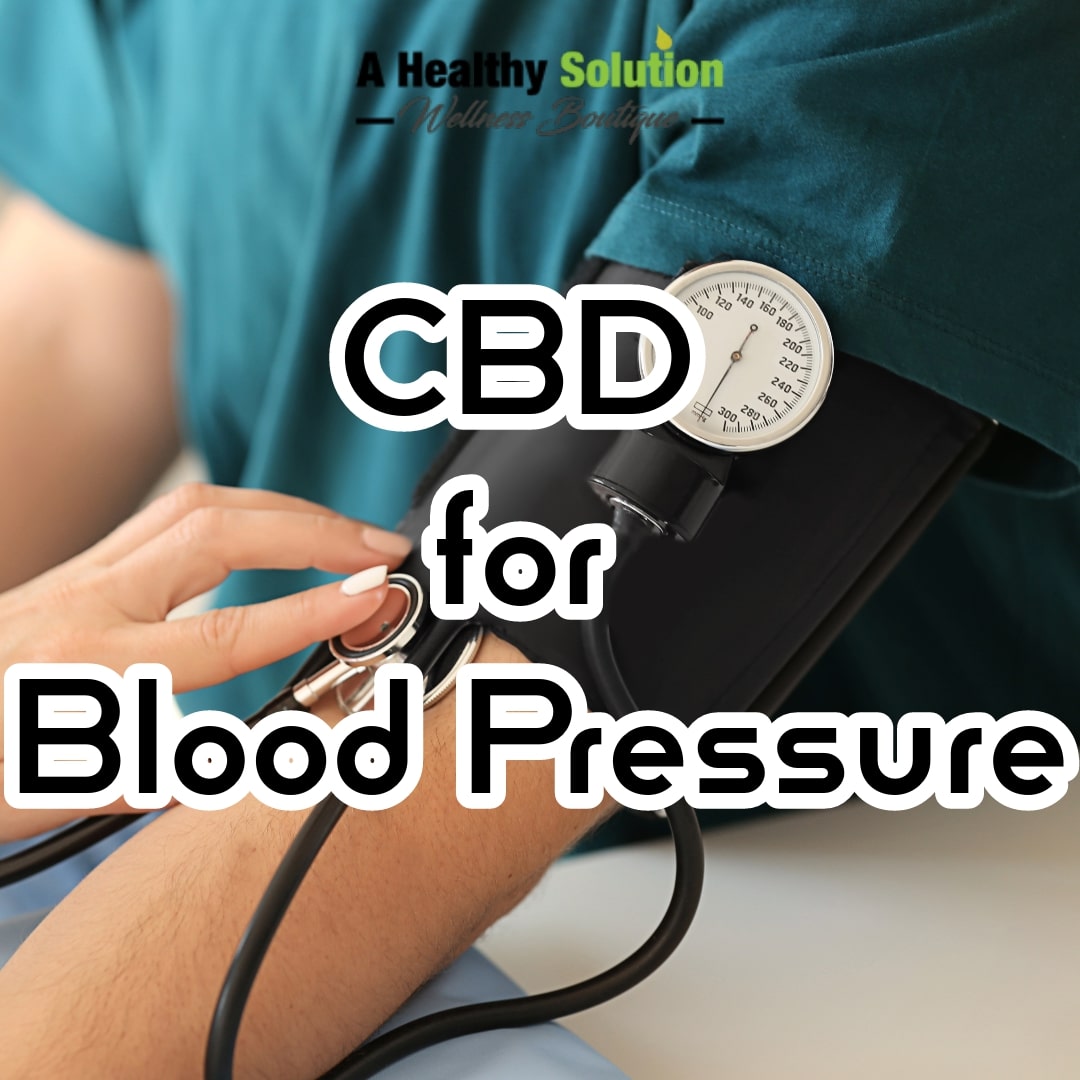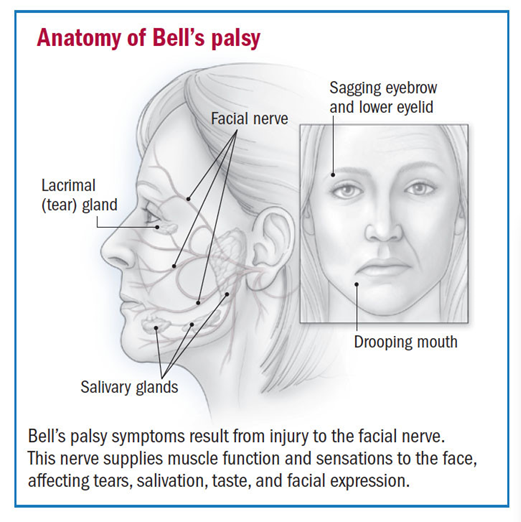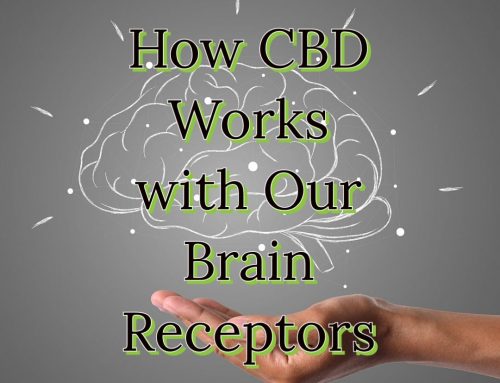What can cause high blood pressure? It depends on the person, their lifestyle habits, or environment around them. Here’s a list of things that can exacerbate high blood pressure: A sedentary lifestyle, poor diet, stress, age (usually 50+), side effect of some medications (such as birth control pills), pre-existing medical conditions, high salt intake, smoking, being overweight, lack of physical activity, too much alcohol consumption, & a family history may increase the risk for primary hypertension. High blood pressure increases the risk of stroke from 25% to 50%, so maintaining normal blood pressure is key when it comes to overall health, and certain pharmaceutical interventions and natural strategies, such as prescription medications, diet, and exercise, may help individuals maintain stable levels.
Blood pressure is defined as the pressure of blood against the walls of the arteries. While it’s normal for blood pressure rates to rise and fall over the course of a day, consistently high blood pressure levels are an issue.
There are two kinds of hypertension:
Primary hypertension is the most common. It develops gradually with no discernible cause, but it may be linked to genetics, physical changes in the body, or high body weight.
Secondary hypertension comes on quickly and can be more serious. It has a number of causes, including kidney disease, congenital heart defects, thyroid issues, alcohol consumption, and certain medications and stimulants, like cocaine and amphetamines.
So, how can CBD help? And what is it? CBD, or Cannabidiol, is one of the many active compounds found in the cannabis plant. Tetrahydrocannabinol, also known as THC, is another active compound and the most well-known, thanks to its psychoactive properties, this compound being the one that gets you “high.” Luckily, CBD is nonpsychoactive and has many of the same medical benefits as THC. This allows you to take advantage of the therapeutic benefits without leaving you with the inebriated feeling that often goes hand in hand with THC. There has also been research that has shown that CBD is a very powerful painkiller and has anti-inflammatory properties that help make internal and external pain much more manageable. What’s also nice about this compound is that it is not addictive and very safe for you to take. Even if you take too much, at worst you will have a headache or diarrhea.
Since stress and inflammation are two of the most common causes for high blood pressure, being able to lower that is crucial for helping you stay healthy.
When dealing with inflammation, you might typically turn to medications like ibuprofen and aspirin. But long-term use of these non-steroidal anti-inflammatory drugs (NSAIDs) can produce negative side effects, including kidney disease and peptic ulcers. But when using CBD, it helps lower your symptoms from a deeper level. CBD helps by interacting with your brain’s endocannabinoid system. The
endocannabinoid system (ECS) in the human body produces and responds to cannabinoids, which play a key role in healthy body function and inflammation reduction. The cannabis plant produces phytocannabinoids like CBD, which are similar to the endocannabinoids produced by the human body; both types of cannabinoids interact with the ECS. Two cannabinoid receptors, type 1 (CB1) and type 2 (CB2), are the most significant when it comes to CBD. CB1 receptors are found primarily in the brain while CB2 receptors are located throughout the body and central nervous system. CB2 receptors help regulate the immune system, and in doing so, regulate inflammatory responses. In fact, chronic inflammation has been shown to play a significant role in the development and progression of many diseases, indicating that normal CB2 function is not only crucial for reducing inflammation, but also for staying generally healthy. CBD has been found to bind to some CB2 receptors, but it mainly exerts its effects through indirect activation of non-cannabinoid receptors. CBD acts on these receptors to target
mechanisms and processes in the body that cause inflammation. Cytokines, for example, are small proteins released by immune cells when the body is under some type of stress. Certain cytokines are involved in the initiation and continuation of inflammation. CBD oil has been shown to disrupt this immune response, preventing inflammation from occurring in the first place. Another way CBD oil is known to fight inflammation is in relation to the neurotransmitter adenosine. CBD acts as an adenosine reuptake inhibitor, meaning it helps to increase the amount of adenosine in the brain, which in turn impacts adenosine receptors.
This can go hand in hand with how our ECS reacts with stress. Stress is a normal reaction to demanding or threatening situations in life. Our bodies have psychological and physical reactions for dealing with stress, by releasing hormones that raise your heart rate and raise your blood pressure. When the stressful situation ends, your body is meant to return to a normal, relaxed state. Unfortunately, the nonstop complications of modern life mean that some people’s panic responses aren’t as likely to slow down or stop. When stress levels don’t ease, chronic stress can begin to cause health problems. The ECS manages many physiological and pathological processes necessary for human life. These include mood regulation, stress management, memory formation and retention, appetite, pain, and inflammation. The system functions through a body-wide network of receptors and chemical messengers. Both sets of endocannabinoid molecules are in a constant state of flux, activating and deactivating physiological responses throughout the body.
When it comes to the medicinal properties of CBD, there are different ways to take it. We usually recommend a CBD tincture, so it can help you throughout the entire body and through your blood stream. CBD oil, also known as tincture, is another good method to ingest CBD. Tincture can help with many conditions and overall care. What makes the oil so special is that it is much stronger than the gummies and stays in your body much longer due to going through your bloodstream (via under the tongue.) We recommend taking doses in the morning and night because the oil stays in your body for about 12 hours at a time. So, by taking it both times of the day, you get full 24-hour coverage. But with this comes higher risk. CBD (in a tincture form) can also interact with other medications you’re taking, such as blood thinners. So, we always recommend taking CBD tincture and your medications about 2 hours apart from each other, so they don’t interact. This is an issue because CBD can raise the dosing of these medications in your body, which can be dangerous. But don’t fret! We have professionals on staff along with a nurse who are able to help dose you safely if you want to give it a try.
While CBD can help reduce high blood pressure, we still recommend consulting your doctor to make sure you get the care you need in addition to CBD consumption.






Leave A Comment
You must be logged in to post a comment.